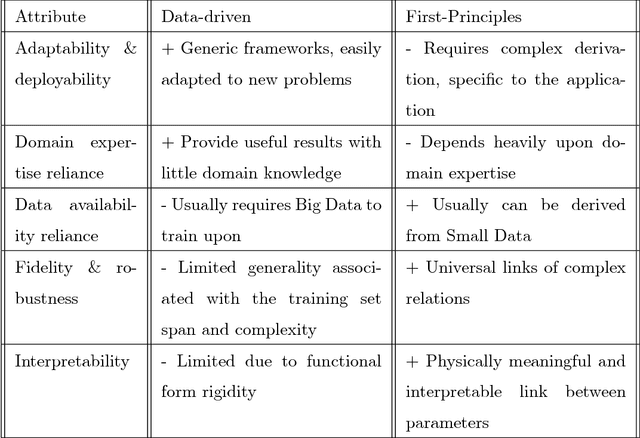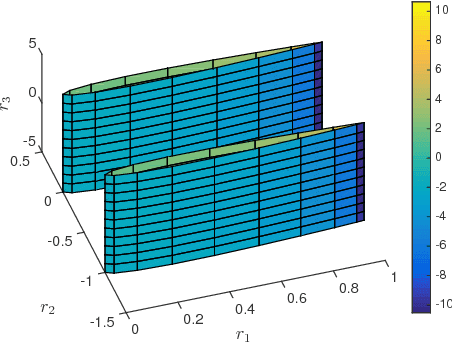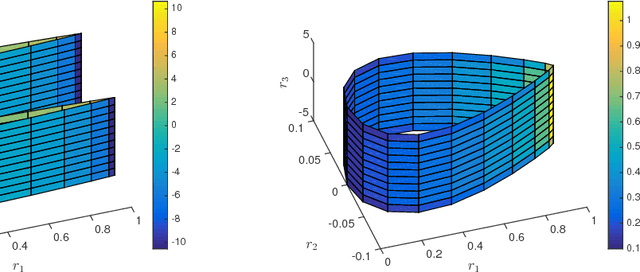Should You Derive, Or Let the Data Drive? An Optimization Framework for Hybrid First-Principles Data-Driven Modeling
Paper and Code
Nov 12, 2017



Mathematical models are used extensively for diverse tasks including analysis, optimization, and decision making. Frequently, those models are principled but imperfect representations of reality. This is either due to incomplete physical description of the underlying phenomenon (simplified governing equations, defective boundary conditions, etc.), or due to numerical approximations (discretization, linearization, round-off error, etc.). Model misspecification can lead to erroneous model predictions, and respectively suboptimal decisions associated with the intended end-goal task. To mitigate this effect, one can amend the available model using limited data produced by experiments or higher fidelity models. A large body of research has focused on estimating explicit model parameters. This work takes a different perspective and targets the construction of a correction model operator with implicit attributes. We investigate the case where the end-goal is inversion and illustrate how appropriate choices of properties imposed upon the correction and corrected operator lead to improved end-goal insights.
 Add to Chrome
Add to Chrome Add to Firefox
Add to Firefox Add to Edge
Add to Edge